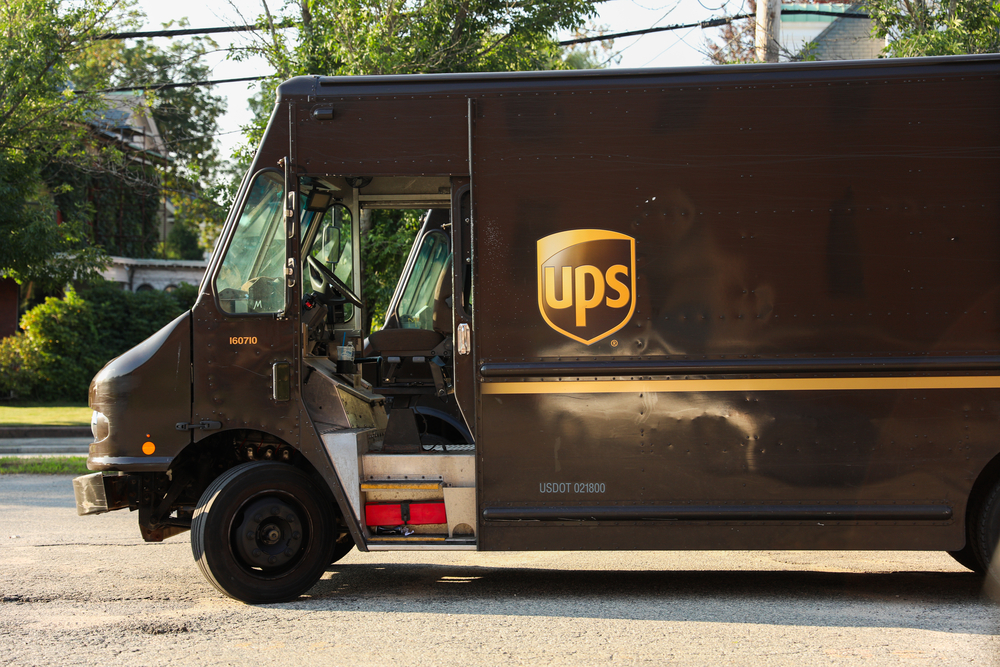

UPS Workers Strike: Negotiations to Begin Next Month to Reach a New Deal
A labor union representing 350,000 UPS workers could strike this summer if they don’t reach a new contract agreement with UPS in time. The current labor contract expires on July 31st…and if a new deal isn’t reached, eCommerce businesses and their customers will be faced with delays for millions of packages throughout the United States.
Why Are UPS Workers Planning to Strike?
The UPS teamsters union made up of UPS workers is looking to reach an agreement on higher wages and more accommodating schedules. In regard to scheduling, the teamsters union seeks to address issues that have been present since the Covid-19 pandemic. The pandemic fueled a surge in package volumes, requiring carriers to amend their policies. For instance, USPS suspended its service commitments temporarily due to unprecedented package volume. UPS, on the other hand, required drivers to work longer hours. Now, three months into 2023, some UPS workers say that they continue to work six days per week and feel forced to take on “excessive” overtime.
Currently, UPS drivers work on average about 9 hours per day. However, UPS acknowledges that schedules can vary based on customer needs.
In addition to better scheduling and higher wages, the union is looking to eliminate pay discrepancies between full-time drivers and part-time drivers. Full-time package delivery drivers at UPS currently earn an annual average salary of $95,000, while the average part-time employee for UPS earns $20 an hour, according to the company.
What Happens if a New Agreement Isn’t Reached?
While UPS teamsters said they are ready to strike and “won’t extend negotiations by a single day” after July 31st, UPS emphasized the need to reach an agreement before then. In a statement, the carrier said that its focus is “on reaching an agreement that provides a win-win-win, for our employees and the union, for UPS, and for our customers.”
If UPS workers strike, it threatens to halt the delivery of millions of packages. As a result, shippers would have to partner with other shipping carriers such as USPS and FedEx. So, a UPS strike could mean more business for USPS and FedEx as well as smaller regional carriers, since shippers will need to turn elsewhere to send their packages. However, the added volume of millions of packages could put a strain on each of these carriers’ networks…which would result in further delays.
Should the current labor deal between the UPS teamsters and the company expire on July 31st without a new agreement, it wouldn’t be the first strike in UPS history. In 1997, 185,000 UPS Teamsters halted deliveries for over two weeks before they came to a new contract agreement with UPS.


Be the first to comment!